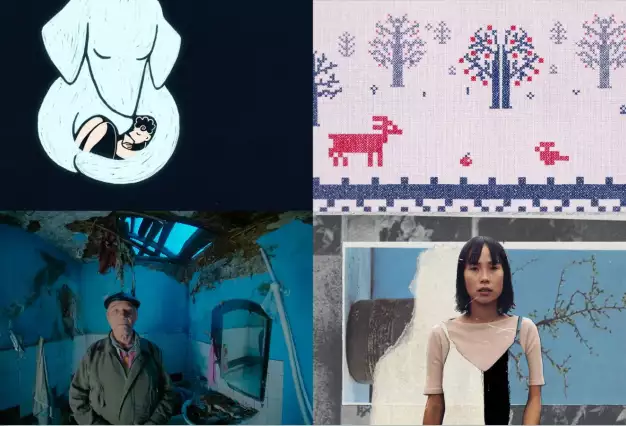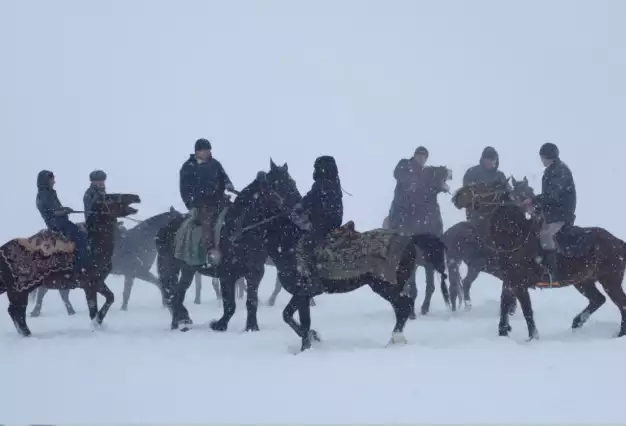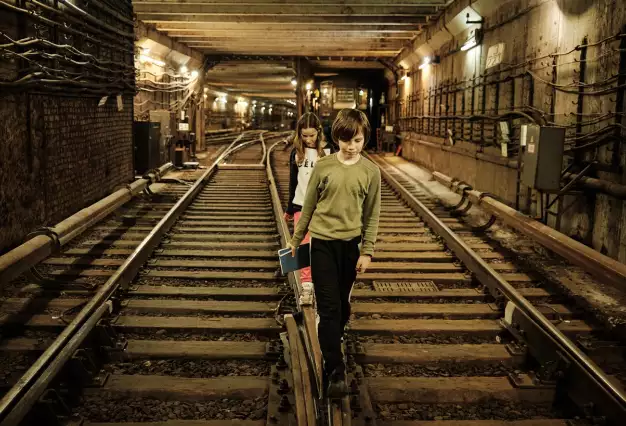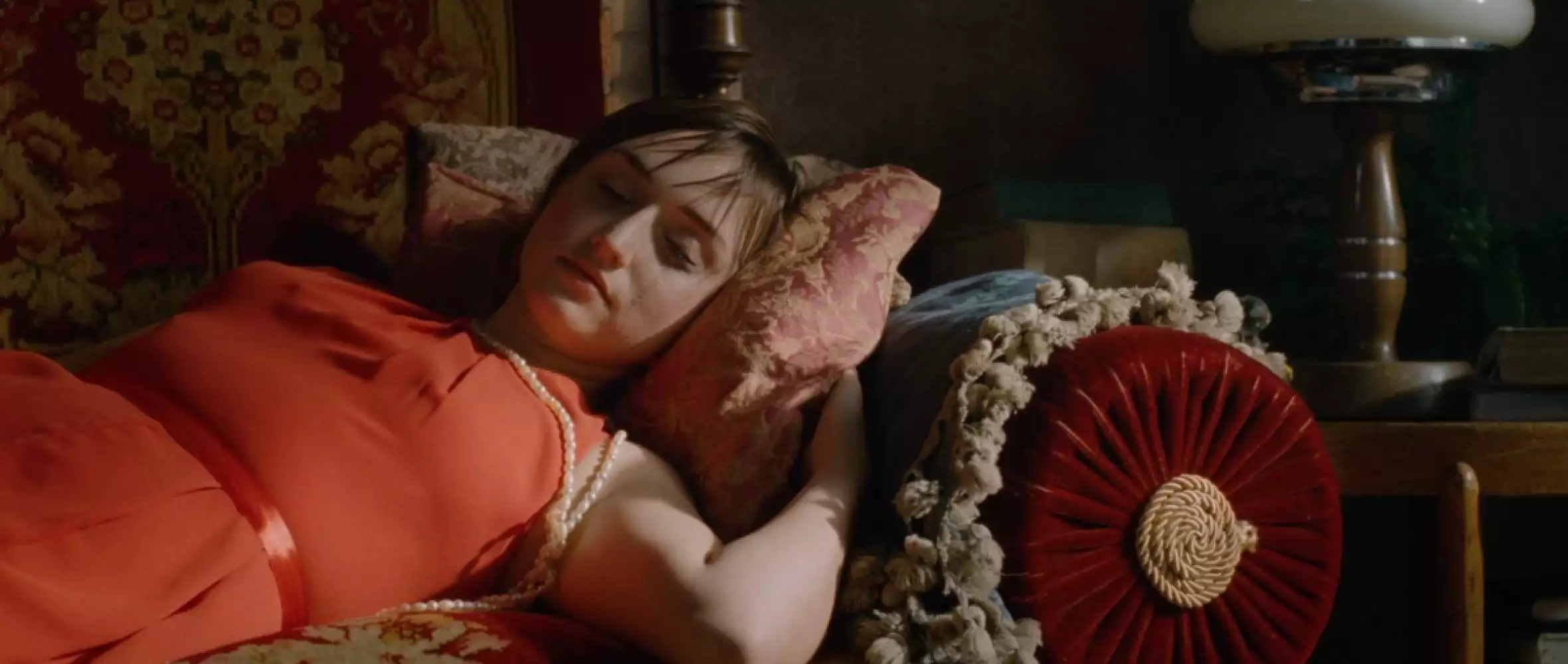
27 May 2018
Czech Film in Women's Hands, Minds and Hearts
Czech Film in Women's Hands, Minds and Hearts

Women have been playing an increasingly important role in the Czech filmmaking industry recently, especially as directors and producers. They’ve brought to the screen new perspectives, with a wider range of female characters, and in general more types of storytelling. The change is both inspiring and necessary, since of the 30 to 40 feature films made in the Czech Republic each year, only 10 percent are directed or produced by women.
Article by Eliška Děcká for Czech Film Magazine / Summer 2018
There’s no way to talk about women in the Czech film industry these days without mentioning the most famous Czech female director of all time: Věra Chytilová has served for generations as a role model and inspiration within the Czech filmmaking community and beyond. Even though it’s been over 50 years since the premiere of what is perhaps her most influential film, Daisies, in 1966 (can you believe it?), she continues to loom large in the minds of contemporary filmmakers here.
“Every now and then, I still find myself in awe of her work. How could she find something so creative and meaningful even in the most banal settings?” says Marta Nováková, writer and director of 8 Heads of Madness (2017), the much-discussed film based on the incredible but true story of Russian poet Anna Barkova, who spent 22 years of her life in Soviet gulags. “It’s also because of [Chytilová], I think, that I totally believe in the importance of not content or form in my work, but the strength of the topic itself.”
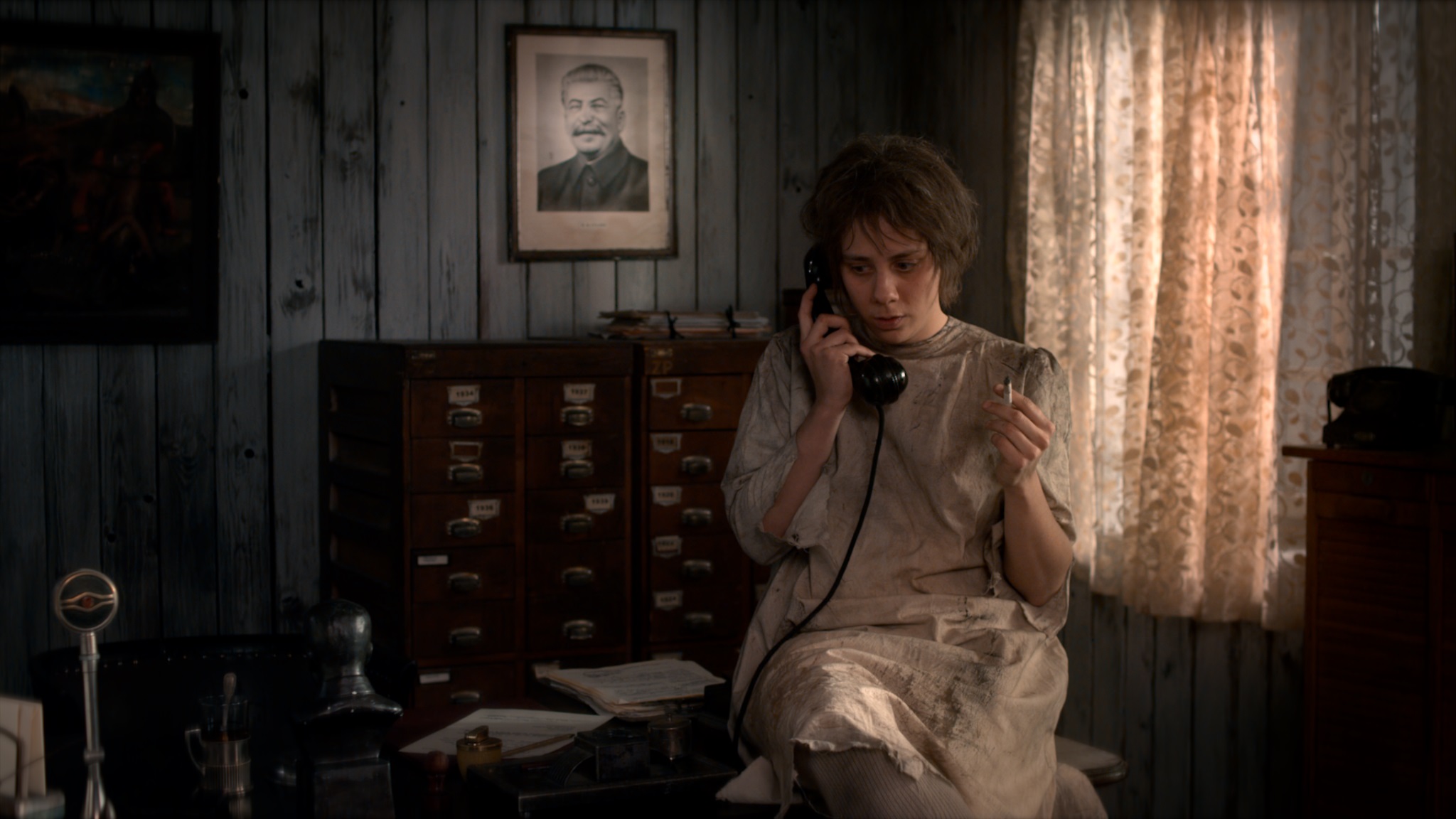
However, today’s female filmmakers don’t appreciate Chytilová just for her work, but also for her character: her courage in confronting the Communist regime and her ability to stay true to herself even in the hardest times. Last but not least, Chytilová served for many of them as evidence that it was possible for a young woman to choose a career as filmmaker and be successful at it.
“We all admired her, ever since we were kids. Then later, when I started my studies at FAMU in Prague, Věra Chytilová was such a big name, such a phenomenon, in Czech filmmaking — even though she was a bit of an exception as a woman director in her day — that it seemed natural to be a woman involved in filmmaking. It never even crossed my mind to think about it,” says Andrea Sedláčková, who has directed many successful films, including Fair Play, presented at Busan iFF in 2014, and her latest, Backstage (2018), a modern story about a teenage dance group, just premiered.
No More in Chytilová’s Shadow
Yet it would be a mistake to think of contemporary women in Czech film as living only in Chytilová’s shadow. Times have changed — politically, socially, and especially economically — with the free market creating new challenges as well as new opportunities. Creative-minded Czechs are free to travel and get a quality education, or just gain inspiration, all over the world, while international coproductions have become the core of many independent successes by young, up-and-coming filmmakers.
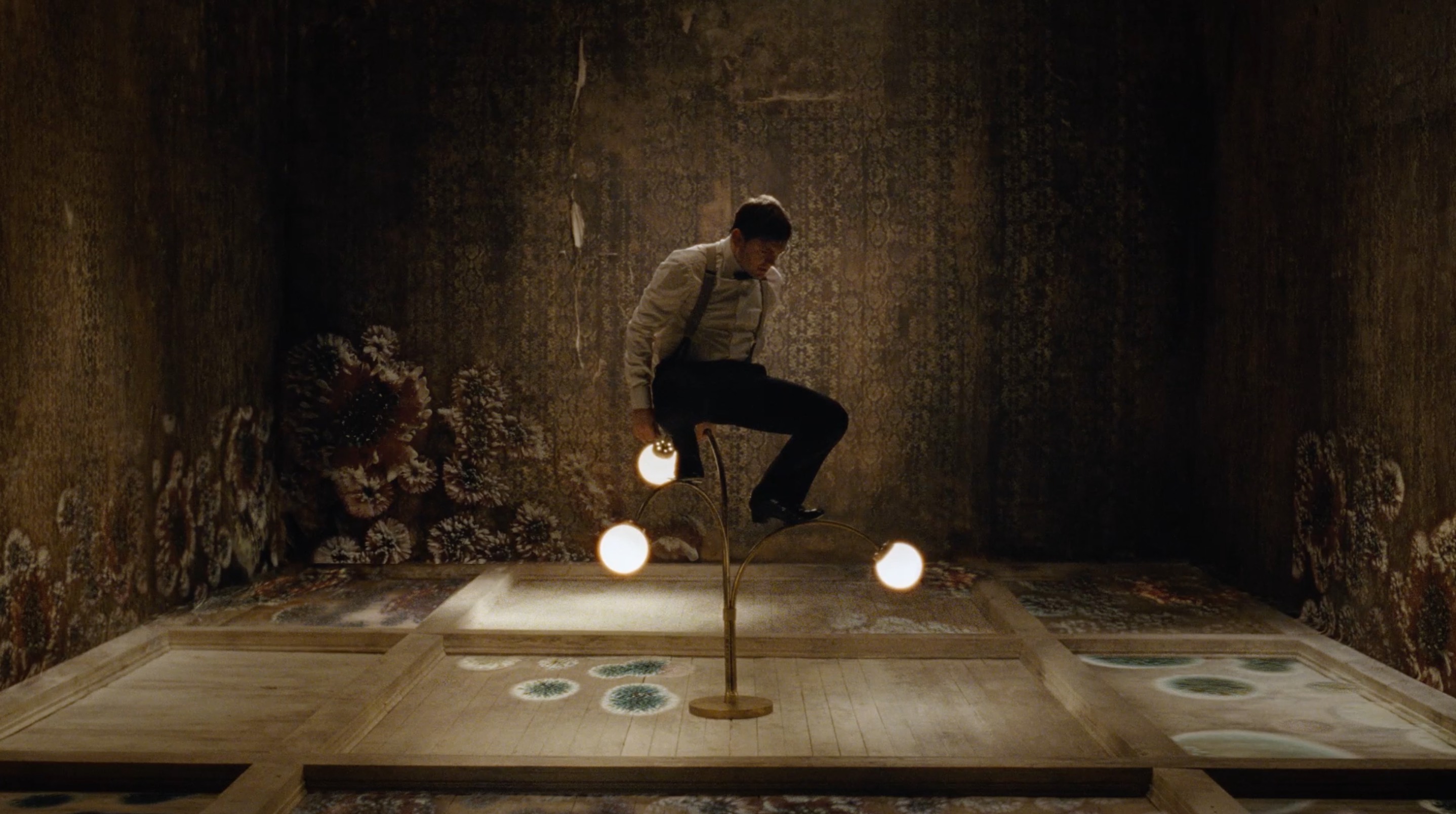
One of the best examples of this is the short student film Who’s Who in Mycology, directed by Marie Dvořáková, who after finishing her studies at FAMU Prague moved to New York City to continue her education at the highly regarded Tisch School of the Arts, at NYU. Her 15-minute film, celebrating the early-cinema tradition of trick films and special effects, won the prestigious Student Academy Award in 2017, a long 29 years after the last Czech win, Jan Svěrák with Oil Gobblers, in 1988.
Tereza Nvotová: Sensitive Topics from a Woman’s Point of View
Another Czech female filmmaker much in the news lately is Tereza Nvotová. She too, despite being early in her career, already has an international presence, as Nvotová is Slovak-born but has lived in Prague since she was 16, and studied live action directing and documentary at FAMU. Just recently she finished The Lust for Power, a feature documentary about the controversial former Slovak prime minister Vladimir Mečiar, and in January 2018 it was awarded the FITES Trilobit Grand Prix from the Czech Film and Television Union. Her debut feature, Filthy, is her FAMU graduate work, made as a Czech and Slovak coproduction.
Filthy is the shockingly raw story of a teenage woman dealing with the aftermath of rape. It was named Best Film of 2017 at the prestigious Czech Film Critics’ Awards, while Nvotová herself was singled out as Discovery of the Year. The film celebrated its world premiere at the International Film Festival Rotterdam and garnered praise from foreign critics. “Debuting helmer Tereza Nvotová is an extremely talented filmmaker, sensitive to how her traumatized protagonist is portrayed,” Jay Weissberg wrote in Variety magazine.

Nvotová stated in an interview with Czech national radio that she’s interested in observing and getting to know better the intimate space of women. It’s not surprising that Filthy is attracting a lot of media attention, given the connection of its subject matter to the Me Too movement. Asked about it by Czech Elle, Nvotová said: “The Me Too movement is an important milestone in society, because it’s opened a discussion about what is and isn’t all right. What is sex and what is violence. It’s an important difference that people often fail to see, so rapists are excused on the grounds that they’re men while women tend to stay silent.”
It’s obvious how important it is for stories on topics as sensitive as rape, or sexual violence in general, to be told by women, from a woman’s point of view. But including a women’s perspective doesn’t end with that.
Zuzana Špidlová: Fragile Heroines, Strong Stories
Another international award-winning Czech female filmmaker, Zuzana Špidlová, also chose gender-specific topics for her first two projects, focusing on complicated female leads and the specificity of their experiences.
The first, Baba, a 22-minute psychological drama about a teenage girl forced to take care of her terminally ill grandmother, won first prize in the prestigious Cinéfondation Selection competition at Cannes in 2009. Even back then, the jury statement sensed what was to come: “It seems that future films are in the hands of women. Much about youth and age, loneliness and alienation in these films, and this one looked at the relationship of a young girl with her grandmother; she’s both fascinated and disgusted by age. We thought it was so beautifully done and beautifully staged and acted.”
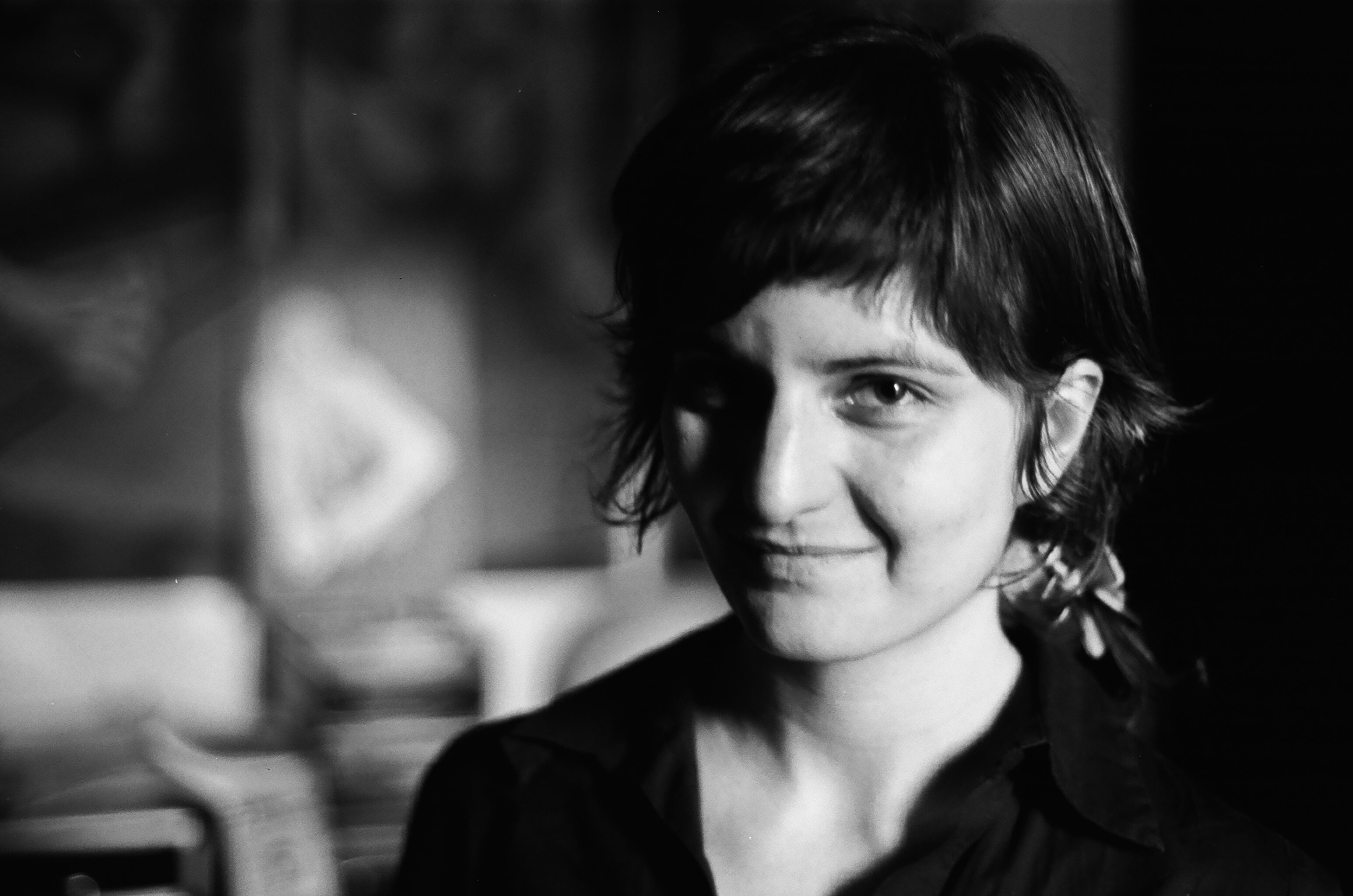
As part of the prize, Cinéfondation commits to premiering the winner’s following film at Cannes. Špidlová is currently at work on her debut feature, with the working title Caravan and an estimated release date of April 2020. Once again, she will focus on a complicated female lead.
“It’s a very personal film, about a woman in her thirties who has a son with Down syndrome. Her husband leaves her and she feels marginalized by society,” says the producer, Pavla Janoušková-Kubečková. She is founder of the production company nutprodukce and an essential woman in Czech filmmaking these days. Another current project of hers, Brotherhood, a documentary about European Muslims being recruited to join ISIS, received a Sheffield Doc/Fest Award at this year’s East Doc Platform.
Janoušková-Kubečková made her reputation in 2013, as part of the production team behind the hit miniseries Burning Bush, created for HBO by Polish director Agnieszka Holland. Just as many women filmmakers feel inspired by Chytilová, Janoušková-Kubečková said in a recent interview that working with Holland was a great experience for her and her colleagues: “Agnieszka Holland influenced us a great deal. She has her own unique point of view, not just on filmmaking but the world in general. She is truly inspirational, and sets the standard for us.”
Last year, Janoušková–Kubečková also produced Veronika Jonášová’s documentary Mamma from Prison, which follows the stories of three women in prison who decide to experiment by creating a specialized ward where mothers can start their imprisonment together with their children—again, a gender-specific topic deserving a creative woman’s point of view.
Veronika Lišková: Uncovering Taboos
The same goes for another upcoming project that dwells somewhere in between the territories of documentary and fiction: Year of the Widow, directed by Veronika Lišková (whose last project, the controversial Daniel's World, opened the Panorama Dokumente section at Berlinale in 2015) and produced by another up-and-coming woman in Czech film, Petra Oplatková, of Artcam Films (currently also producing the promising documentary Fugue, by Artemio Benki).
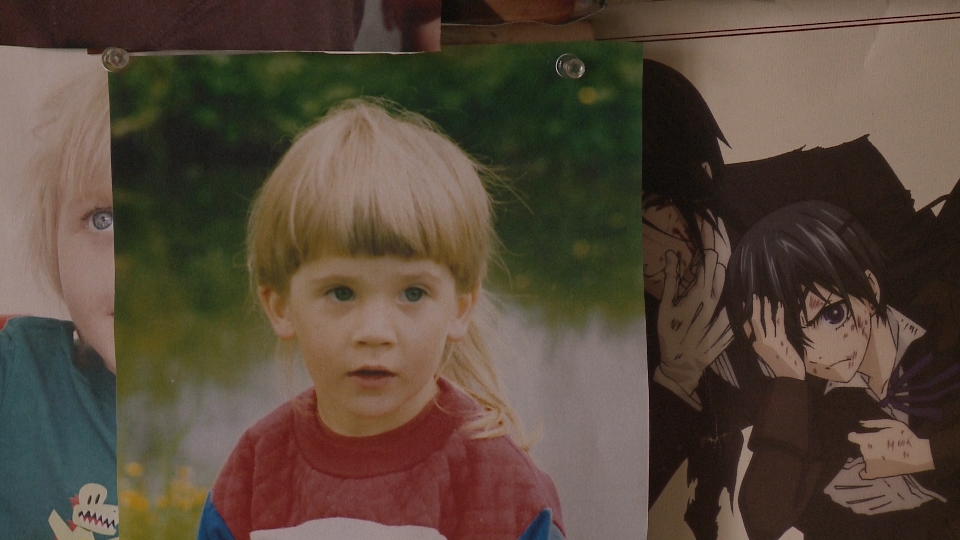
Based on a true story Lišková read in a Czech magazine, Year of the Widow follows a woman as she confronts a labyrinth of authorities, conventions, and emotions after the sudden loss of her husband. In her director’s statement, Lišková said she aims to uncover the taboos associated with this subject in Czech society while capturing “the clash between a person’s individual perception of a situation and reality, which ruthlessly goes on about its business.”
Michaela Pavlátová: Complicated Relationships
Strong stories about women, made by women, are finding their way into every branch of the Czech film industry nowadays — not only into live action films and documentaries, but even into animation. Michaela Pavlátová, the world-renowned animator and Oscar nominee (Words, Words, Words, 1993) whose latest short, Tram, was selected for the Quinzaine de Réalisateurs in Cannes in 2012, is now working on her debut animation feature, My Sunny Maad, based on the novel Freshta, written by Czech journalist Petra Procházková, based on the six years she spent in Afghanistan.
Pavlátová’s film, a Czech-French coproduction (Negativ and Sacrebleu), tells the story of a Czech woman who falls in love with an Afghan man but has no idea about the life that awaits her in post-Taliban Afghanistan, nor about the family she is about to join. Thanks to Pavlátová’s personal and original point of view, the story focuses on the everyday aspects and similarities of relationships around the world, rather than getting bogged down in political and cultural analysis.
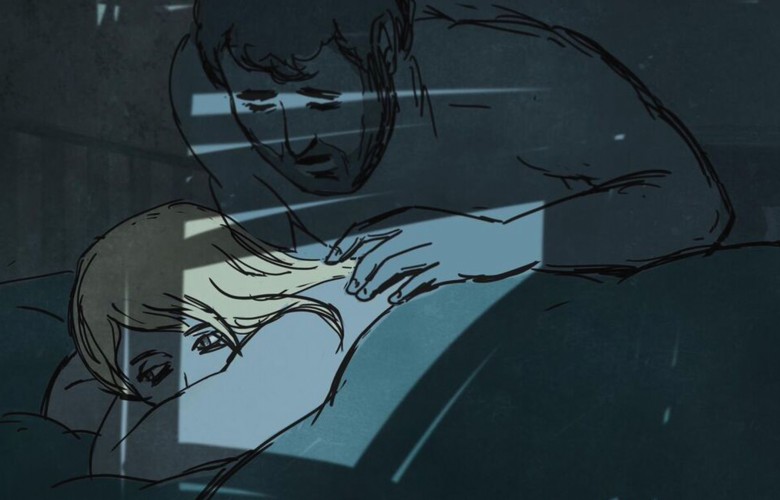
“I’ve always been interested in strong women characters and relationships, mostly relationships between men and women. That’s how I’m approaching this film, and that’s how I hope people will see it as well — not as a war story or a political story or an exotic story about Afghanistan, but a story about one big family where people love each other but that doesn’t stop them from making things hard and complicated sometimes,” Pavlátová says.
Perhaps this was the kind of approach the Cinéfondation Selection jury had in mind in 2009, when they said, “It seems that future films are in the hands of women.” In any case, nine years later, their statement looks to be visionary. No doubt there’s still a lot of work to be done, but it’s safe to say that women’s voices in Czech cinema are louder, and also better heard, than they were even just a few years ago.


